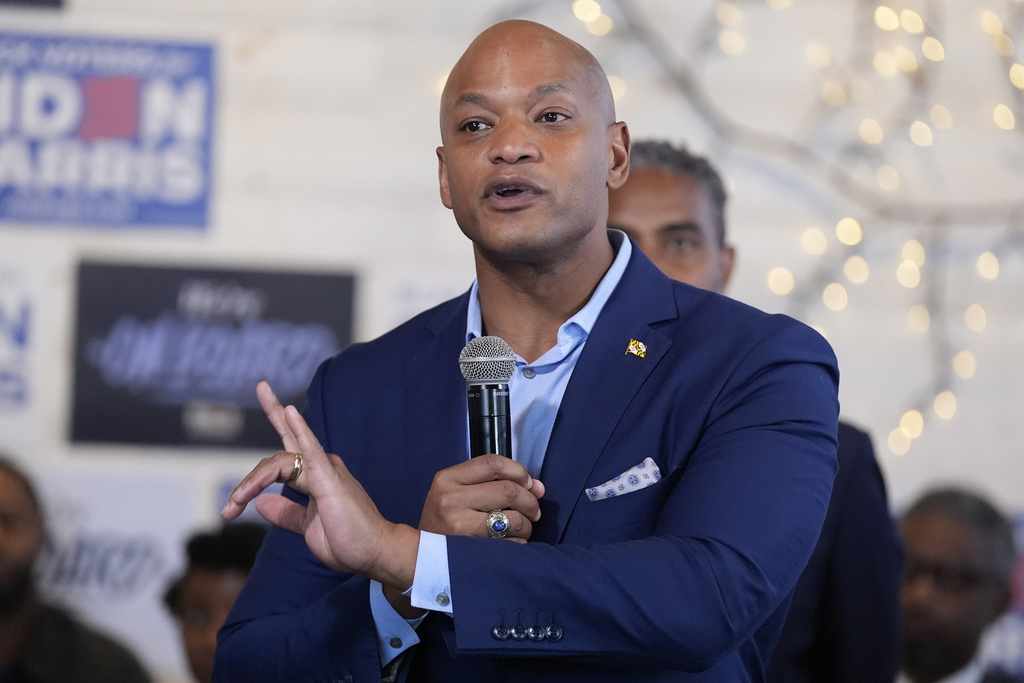Maryland Gov. Wes Moore is scheduled to sign an executive order to issue more than 175,000 pardons for marijuana convictions Monday, the governor’s office said.
The administration is describing the pardons as the largest state pardon to date. The governor’s action regarding cases relating to use of paraphernalia make Maryland the first state to take such action, his office said.
The pardons will forgive low-level marijuana possession charges for an estimated 100,000 people, according to The Washington Post, which first reported on the order Sunday night.
Moore plans to sign the executive order Monday morning in the state Capitol in Annapolis with Maryland Attorney General Anthony Brown in attendance.
Recreational cannabis was legalized in Maryland in 2023 after voters approved a constitutional amendment in 2022 with 67% of the vote. Maryland decriminalized possession of personal use amounts of cannabis on Jan. 1, 2023. Now, 24 states and the District of Columbia have legalized recreational cannabis.
“The Moore-Miller Administration is committed to promoting social equity and ensuring the fair and equitable administration of justice,” the governor’s office said. “Because the use and possession of cannabis is no longer illegal in the state, Marylanders should not continue to face barriers to housing, employment, or educational opportunities based on convictions for conduct that is no longer illegal.”
Brown, a Democrat, described the pardons as “certainly long overdue as a nation” and “a racial equity issue.”
“While the pardons will extend to anyone and everyone with a misdemeanor conviction for the possession of marijuana or paraphernalia, this unequivocally, without any doubt or reservation, disproportionately impacts — in a good way — Black and Brown Marylanders,” Brown told the Post.
More than 150,000 misdemeanor convictions for simple possession of cannabis will be affected by the order, which also will cover more than 18,000 misdemeanor convictions for use or possession with intent to use drug paraphernalia, according to a summary by the governor’s office.
The pardons reflect the number of convictions. Some individuals may have had more than one conviction pardoned through the process.
The pardons will not result in anyone being released from incarceration.
After Moore signs the pardon, the Maryland Judiciary will ensure each individual electronic docket is updated with an entry indicating the conviction has been pardoned by the governor, a process that should take about two weeks, the governor’s office said.
The governor’s order also directs the state corrections department to develop a process to indicate a pardon in an individual’s criminal record, a process expected to take about 10 months to complete.
The pardons absolve people from the guilt of a criminal offense, and individuals do not need to take any action to receive the pardon.
A pardon is different from expungement. Although the Judiciary will make a note on the record that the offense has been pardoned, it will still show on the record. Expungement is the process by which a criminal conviction is destroyed and removed completely from the public record, which requires an additional step.
(AP)











